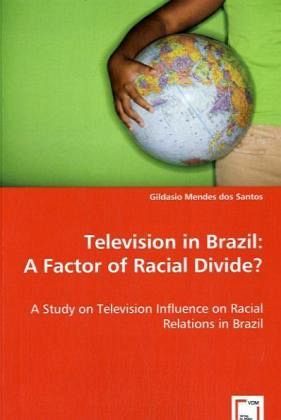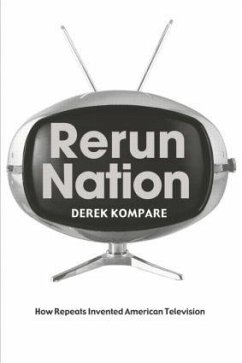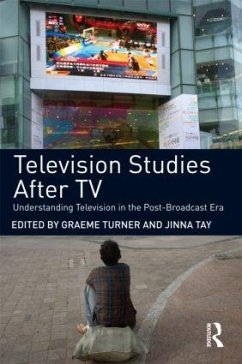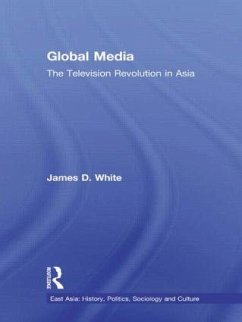
Television in Brazil: A Factor of Racial Divide?
A Study on Television Influence on Racial Relations in Brazil
Versandkostenfrei!
Versandfertig in 6-10 Tagen
32,99 €
inkl. MwSt.

PAYBACK Punkte
16 °P sammeln!
Brazil has been internationally recognized as the country of racial democracy. People are racially categorized as White, Moreno(Brown) and Black. However, research has suggested that Blacks are very often been portrayed as lazy, uneducated, and poor through television programs such as soap opera, shows, and movies.Television has shown crime as related to Black individuals insociety, inducing White and Moreno individuals to perceive crime tobe mostly related to Black individuals. These negative stereotypes possibly created and perpetuated by television programs may have adirect influence on the...
Brazil has been internationally recognized as the country of racial democracy. People are racially categorized as White, Moreno(Brown) and Black. However, research has suggested that Blacks are very often been portrayed as lazy, uneducated, and poor through television programs such as soap opera, shows, and movies.Television has shown crime as related to Black individuals insociety, inducing White and Moreno individuals to perceive crime tobe mostly related to Black individuals. These negative stereotypes possibly created and perpetuated by television programs may have adirect influence on the way Whites and Morenos perceive the minority group, the Blacks. Based on the tenets of Social IdentityTheory (SIT), Self-Categorization Theory (SCT), Cross-Group Relations (CGR) and Inter-Group Contact (IGC), this study examine show media programs depiction of Blacks may alter Whites and Morenos self-perceptions of racial/ethnic relations. This exposure may increase or decrease Whites and Morenos prejudice against Blacks and, because of the negative depiction of the Blacks in the media, the likelihood that Morenos will see themselves as more similar to Whites than with Blacks. Over the last two decades, scholars have been conducting research on the increasingly important and challenging subject of race relations and media influence in Brazil. The results of this study contribute understanding, while, at the same time, generating new questions about the complexity and importance of media consumption and effects from the perspective of race and inter-group relations.












